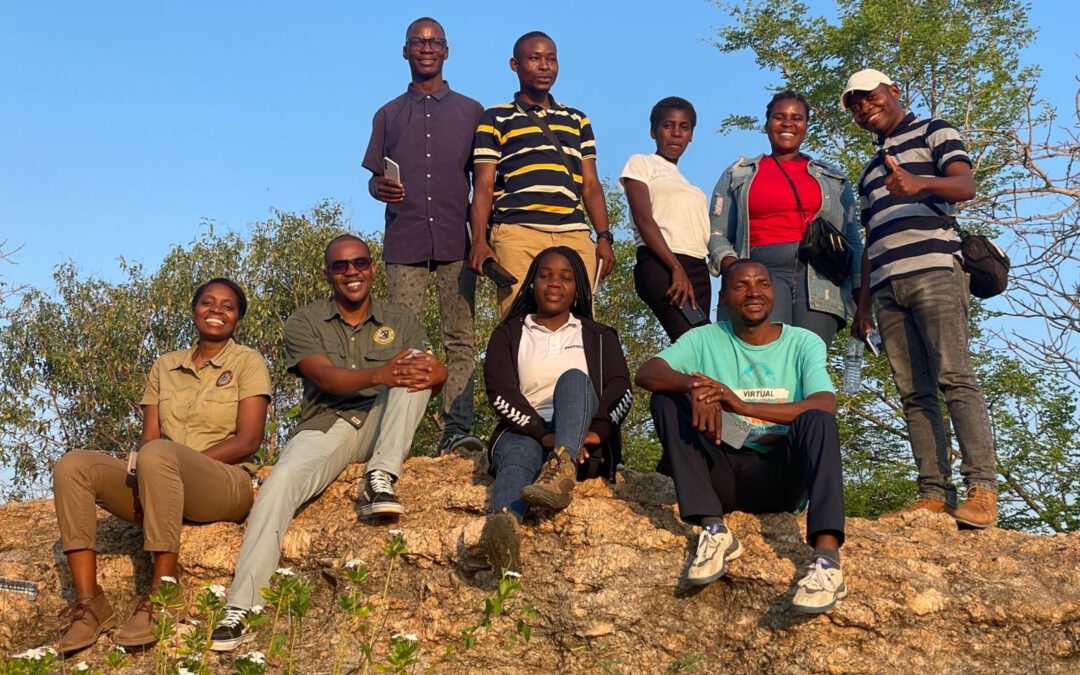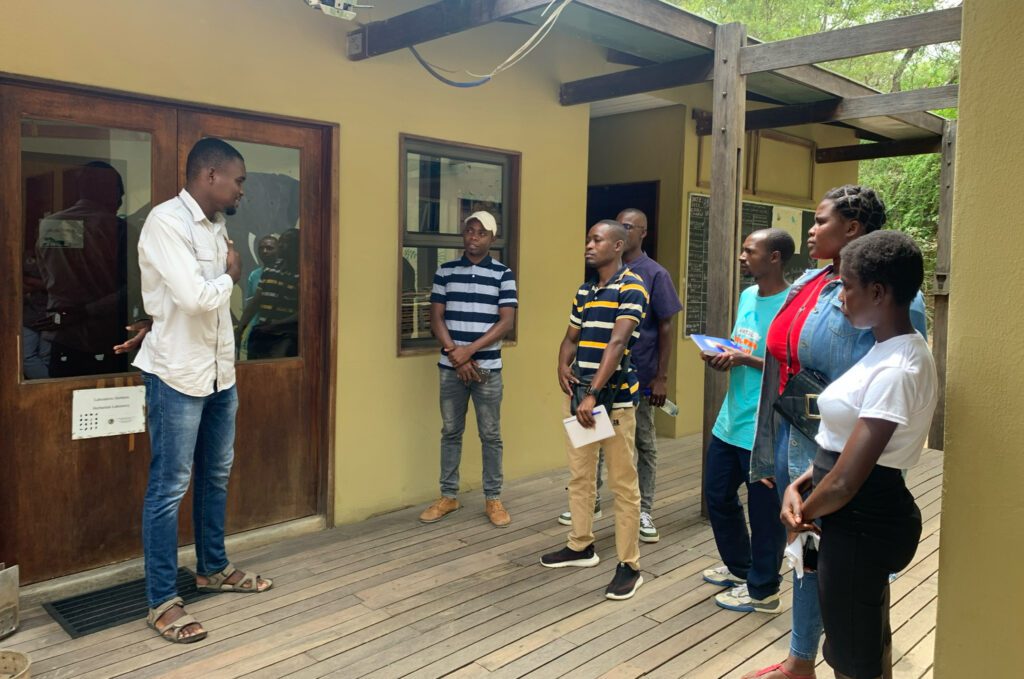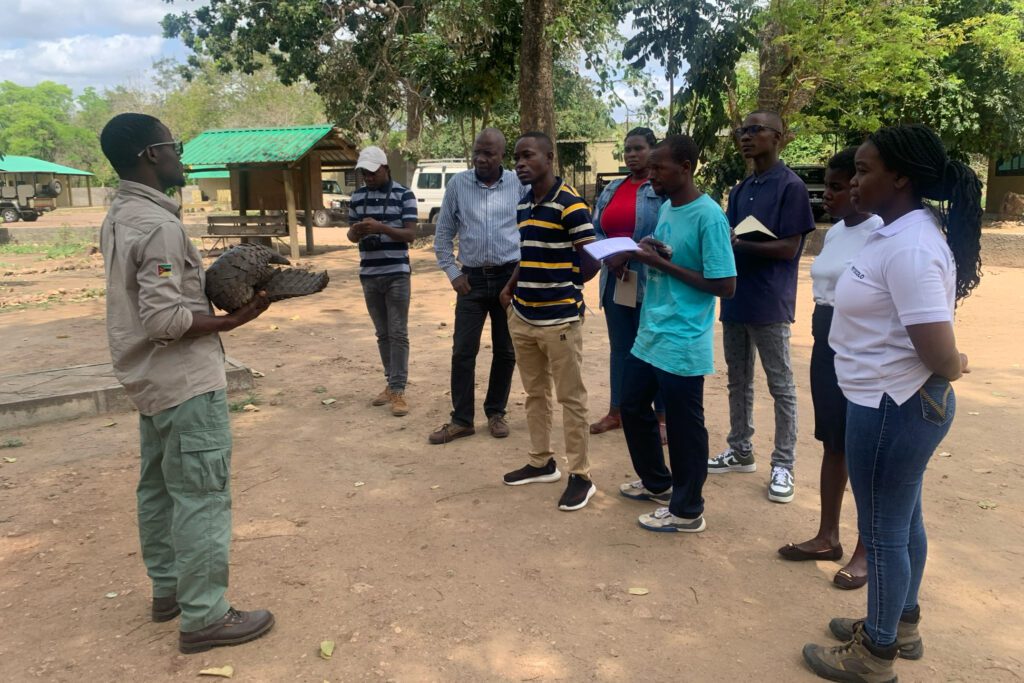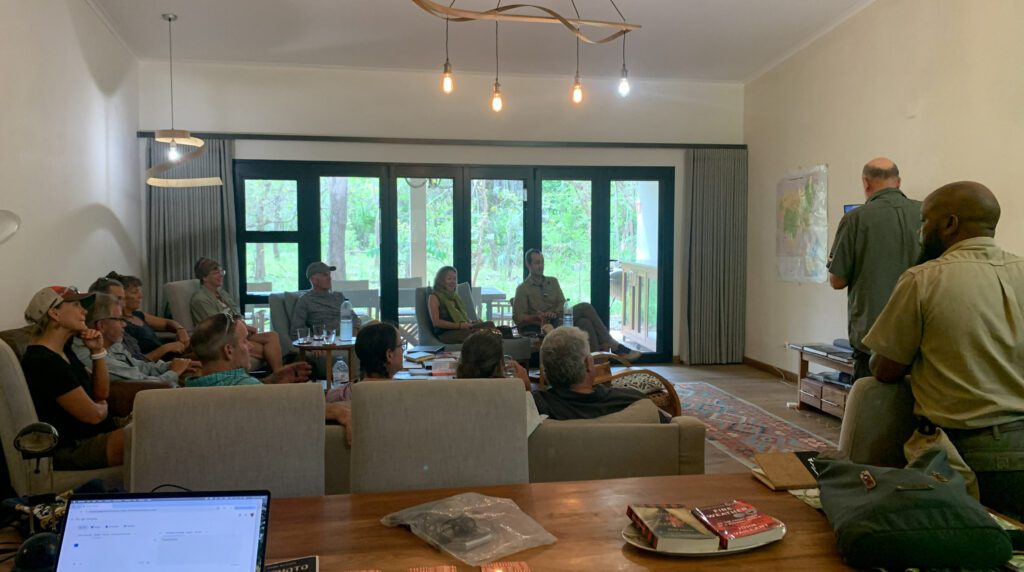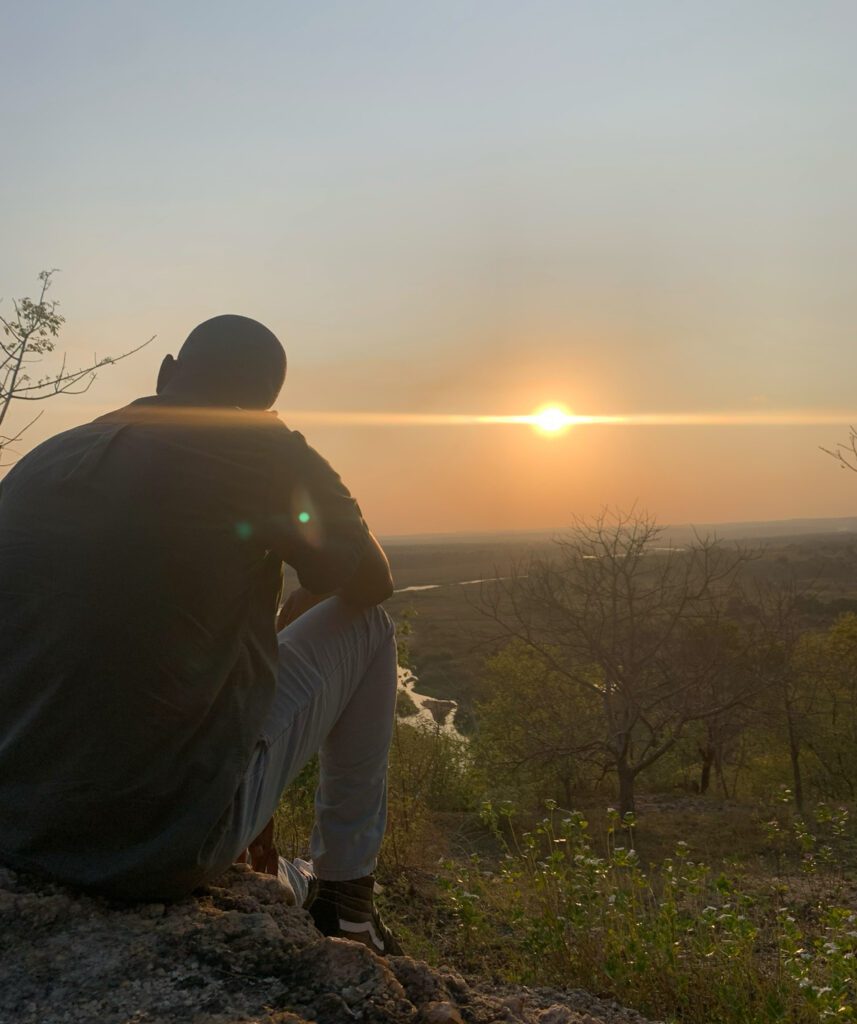by Larissa Sousa
The Gorongosa Restoration Project is collaborating with the Profundus newspaper team in the development and dissemination of a quarterly newsletter called Progressus (from the word progress) where we highlight the activities implemented by the Sustainable Livelihoods Development Program (SLDP).
With a view to improving our coverage and means of dissemination, we selected and trained 6 correspondents from the Sustainable Development Zone of the Gorongosa National Park (from the districts of Gorongosa, Nhamatanda, Cheringoma, Dondo, Muanza and Maringué) in different aspects of the communication area, among them the introduction to Communication for Development (C4D), how to prepare and disseminate the newsletter, media tools and techniques, skills and techniques such as telling success stories and exposing challenges.
Guided by the principle of facilitating an environment where biodiversity is successfully preserved, restored and reintroduced while communities increase their experience of the benefits of living next to a conservation area, the Park implements this key SLDP activity taking into account view communities capable of producing information content from the perspective of the beneficiary communities of the implemented projects.
Between the 23rd and 27th of September we held induction sessions for correspondents to train them and equip them with tools to better produce news and stories about the impacts of the activities being implemented in the districts. These sessions were facilitated by the Park’s Communication team and our partner Daniel da Costa (who we thank in advance). The 6 SDZ correspondents were able to better understand the history of PNG, visit the biodiversity of the Park and some neighboring communities, Mount Gorongosa where we produce coffee, as well as the scientific laboratories and the operation of Rangers services to be able to write about the general functioning of Park.
Context: The SLDP is a program financed by the Embassy of the Netherlands and aims to contribute to improving the socioeconomic conditions of communities in the PNG Sustainable Development Zone, through the implementation of interventions that contribute to increasing agricultural production, improving indices of nutrition, the supply of quality water and basic sanitation, as well as initiatives to promote sexual and reproductive health.
